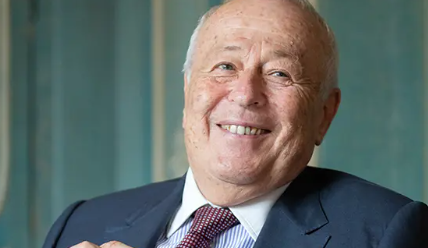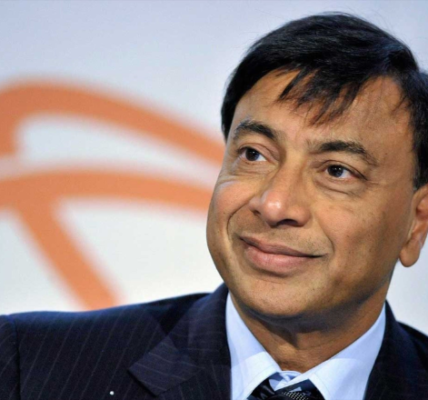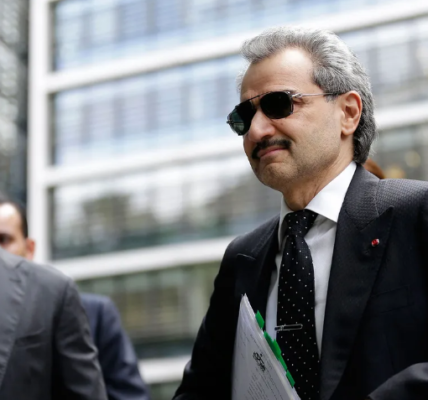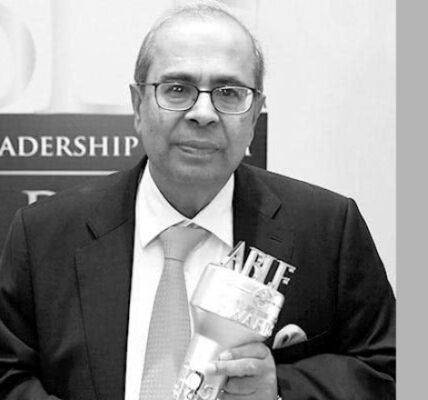Jan Borysovych Koum, born on February 24, 1976, in Kyiv, Ukraine, is a Ukrainian-American billionaire businessman, computer programmer, and philanthropist best known as the co-founder and former CEO of WhatsApp, a mobile messaging platform that revolutionized global communication. Koum’s achievements have made him one of the wealthiest people in the world, with a net worth of approximately $16.1 billion as of 2024.
Early Life and Immigration

Koum was born into a Jewish family in Kyiv, which was part of the Ukrainian SSR during the Soviet Union. He grew up in Fastiv, a town near Kyiv, before his family emigrated to the United States in 1992. At 16, Koum, his mother, and grandmother moved to Mountain View, California, where they lived in a small apartment funded by a social support program. His father, who had planned to join the family in the U.S., remained in Ukraine and passed away in 1997.
Koum’s early life in America was challenging. His mother worked as a babysitter, and he worked as a cleaner at a local grocery store. In 2000, Koum’s mother died after a long battle with cancer. Despite these hardships, Koum developed a passion for computer programming, which set the stage for his future success.
Career Beginnings
At the age of 18, Koum enrolled at San Jose State University and started working at Ernst & Young as a security tester. During this time, he joined a computer security think tank, w00w00, where he met Shawn Fanning and Jordan Ritter, who would later become creators of Napster. In 1997, he also met Brian Acton at Ernst & Young. The two quickly became friends and collaborators.
After working together at Ernst & Young, Koum and Acton both landed jobs at Yahoo! in 1997, where they spent the next nine years. During their tenure at Yahoo!, Koum learned the intricacies of building scalable infrastructure, an experience that would prove invaluable later in his career.
Founding WhatsApp
In 2007, Koum and Acton took a break from their Yahoo! careers, traveling around South America and playing ultimate frisbee. During this time, they both applied to Facebook but were rejected. It was in 2009 that Koum had the idea to create a new mobile app. After purchasing an iPhone, he realized the potential of the App Store and the new industry of mobile applications. He discussed his idea with Alex Fishman, a friend, and together, they developed the concept for WhatsApp, a messaging app that would allow users to send messages over the internet, avoiding SMS fees.
Koum chose the name “WhatsApp” because it sounded like “What’s up,” and on his 33rd birthday, he incorporated WhatsApp Inc. in California. Although initially unpopular, the app gained traction after Apple added push notifications in June 2009. Koum and Fishman promoted WhatsApp among their circle of friends, and soon, it became widely used as a messaging tool.
WhatsApp’s Growth and Facebook Acquisition
WhatsApp’s popularity surged, and in 2009, Koum convinced Brian Acton, who was then unemployed, to join WhatsApp as a co-founder. Acton brought in $250,000 in seed funding, helping the company scale. By 2014, WhatsApp had grown to more than 600 million users worldwide, attracting the attention of Facebook founder Mark Zuckerberg.
On February 9, 2014, Zuckerberg invited Koum to dinner at his home, where he proposed acquiring WhatsApp for $19 billion in cash and stock. The deal was completed shortly thereafter, making Koum one of the wealthiest individuals in the world. Over the first half of 2016, Koum sold more than $2.4 billion in Facebook stock, significantly boosting his wealth.
Departure from WhatsApp and Facebook
In April 2018, after disputes with Facebook over privacy policies and the direction of WhatsApp, Koum announced his departure from the company. His resignation also led to his exit from Facebook’s board of directors. Although it was initially thought that he forfeited nearly $1 billion worth of unvested stock, it was later revealed that he had remained formally employed by Facebook, earning around $450 million in stock through a method known as “rest and vest.”
Philanthropy
Koum has been a generous philanthropist throughout his career. In 2014, he donated $1 million to The FreeBSD Foundation and $556 million to the Silicon Valley Community Foundation. His philanthropic efforts also extend to supporting Jewish and Israeli causes. Koum made significant donations to the Federation of Jewish Communities of the CIS and the European Jewish Association during the 2022 Russian invasion of Ukraine. He also donated millions to the Maccabee Task Force, Friends of Ir David, and AIPAC.
In 2022, Koum made a $41 million donation to Stanford University and a $1 million donation to Fordham University. He also became a major donor to U.S. political campaigns, supporting the United Democracy Project and Nikki Haley’s presidential campaign in 2024.
Personal Life
Koum is a private individual, often avoiding the label of entrepreneur. He has stated that he is not motivated by money, but by the desire to build useful products. He dislikes being called an entrepreneur and once tweeted that the next person to call him one would get “punched in the face by my bodyguard.”
In terms of his personal life, Koum has faced controversy. In February 1996, a court issued a restraining order against him following accusations by an ex-girlfriend of verbal and physical threats. Koum later expressed regret for his actions, apologizing for the behavior that led to the legal action.
In November 2023, Koum acquired Château de la Garoupe, a luxurious estate on the French Riviera, for €65 million. This acquisition followed his increasing wealth and interest in real estate.
Legacy and Impact
Jan Koum’s legacy is defined by his ability to transform the way people communicate globally through WhatsApp. His journey from a poor immigrant to a tech billionaire is a testament to his persistence and vision. WhatsApp’s success, combined with his philanthropic efforts, has solidified Koum’s place as one of the most influential figures in the tech industry today.





